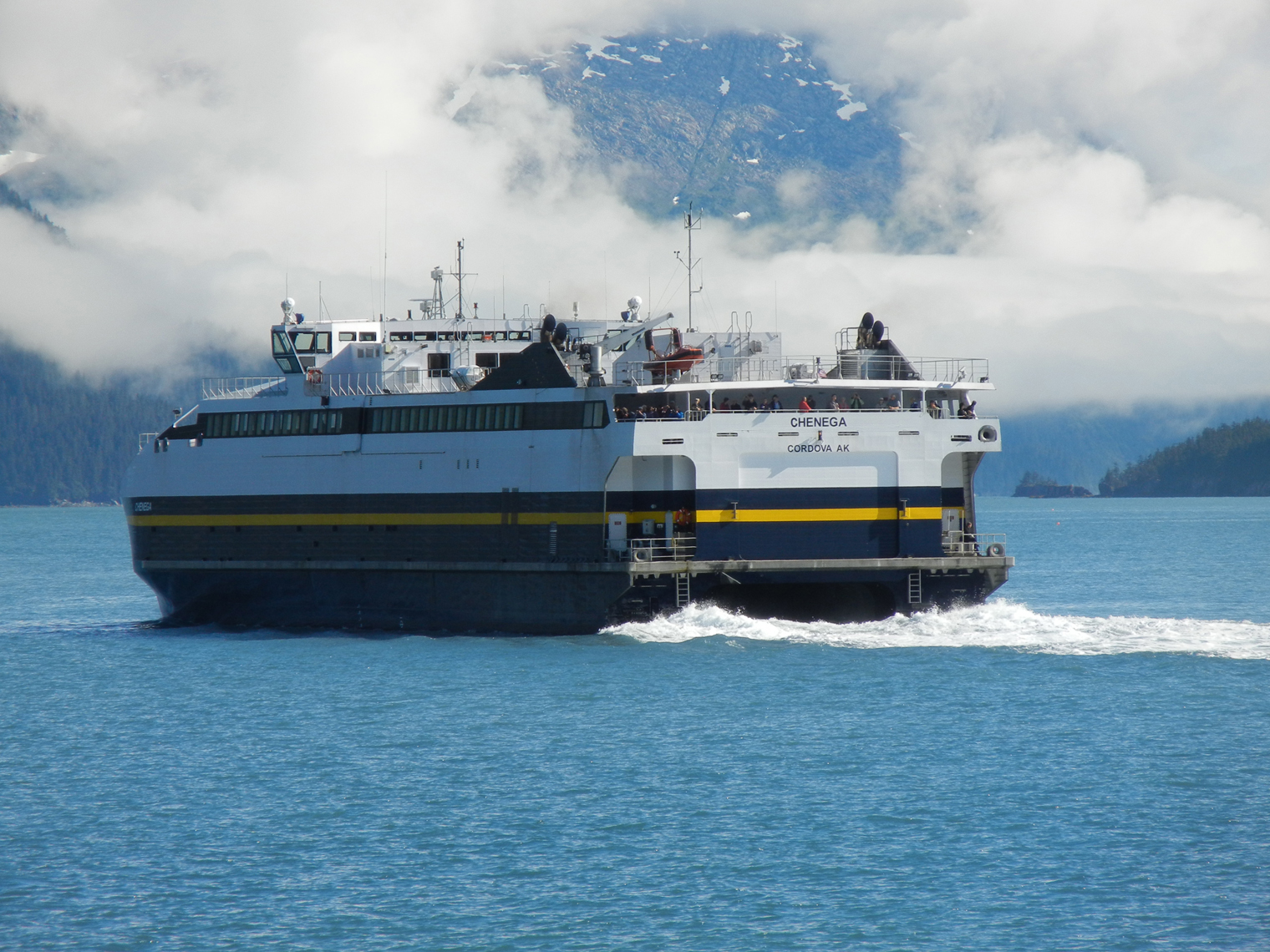JUNEAU — The Alaska Marine Highway System was thrown a life preserver April 18 when a committee restored $1.75 million in spending.
The conference committee, responsible for patching together a final budget from House and Senate versions, effectively reversed a cut to the ferry system made in the Senate.
The House cut about $8 million from the system, and that money was not restored.
About $1 million of the unrestricted general fund add-back could restore a month of M/V Chenega service cut by the Senate and reverse a reduction of M/V Lituya service to four trips per week. The Chenega serves the Prince William Sound communities of Whittier, Valdez and Cordova. The Lituya is the only vessel that serves the Southeast community of Metlakatla.
The rest of the add-back could preserve 23 jobs. The Senate cut unrestricted general funds that would have eliminated those positions.
Department of Transportation officials told the Marine Transportation Advisory Board earlier this month that the department was prepared to cut 31 positions July 1, the start of the state fiscal year, to meet a tighter budget.
DOT spokesman Jeremy Woodrow said the department is waiting to see what the final ferry system budget looks like before making final decisions on service or employee reductions.
AMHS General Manager Capt. John Falvey told the board a revised schedule that would cut service by nearly 20 percent system wide has been prepared.
That would be for the worst-case budget scenario the system has faced during the session. Through March, about 9,200 tickets had been sold on sailings that would be cut out of the revised schedule.
Sen. Dennis Egan, D-Juneau, who fought for a beefier ferry budget, said the add-back “beats the heck out of what we had in the Senate.”
“These Marine Highway numbers are about as good as we could hope for,” Egan said after the committee’s decision. “It’s good news, it’s not excellent news.”
The committee made other add-backs to the system that don’t impact the state’s general fund, including proposing a 4.5 percent fare increase on top of the one that kicks in next month.
The estimated $1.8 million in revenue generated by the increase is meant to pay for peak-season summer ferry operations at its current level.
Woodrow said the department plans to stick to the recommendations in a study it commissioned to review its fare structure. The study urges fare increases be kept small as to not discourage ridership after a significant ticket price jump, so following the committee’s proposal right away seems unlikely.
The department is also reviewing its commercial fares, Woodrow said, which are significantly cheaper than comparable private barge service, as a way to generate additional revenue.
Ferry ticket fares are set at the discretion of the Transportation commissioner and are not subject to legislative approval.
The committee also signed off on intent language originally introduced by Rep. Cathy Muñoz, R-Juneau, that instructs DOT to shuffle $3.5 million in AMHS funds from one account to another to pay for operations.
The department has the ability to do that on its own, “but this gives them really clear directions,” Muñoz said after the committee meeting.
“They adopted a lot of the work we did in the House, which is what we’ve been pushing for,” she said of the AMHS budget.
Even with the budget coming into clearer focus, DOT is still determining how service will be impacted in fiscal year 2016, Woodrow said.
Rep. Dan Ortiz, I-Ketchikan, said April 18 that his community will see a “significant reduction” in ferry service, “particularly in the summer months.”
He said he was happy with the $1.75 million add-back but “it’s a long way from where we need to be.”
When asked what amount he’d like to see restored, he said, “more than that.”
The conference committee kept Senate language that asks for a report from DOT by Feb. 1 on options for providing “adequate ferry service to communities at the lowest expense to the state.”
Katie Moritz is a reporter for the Juneau Empire. Alaska Journal of Commerce reporter Elwood Brehmer contributed to this story.


